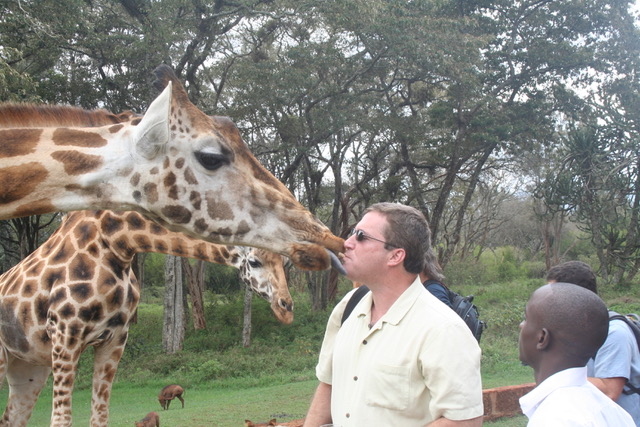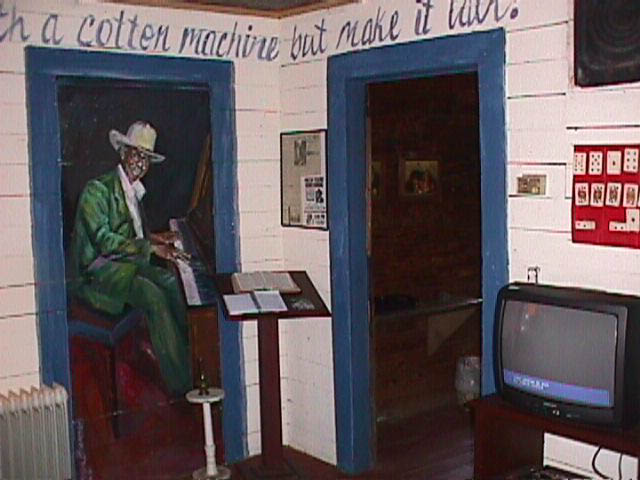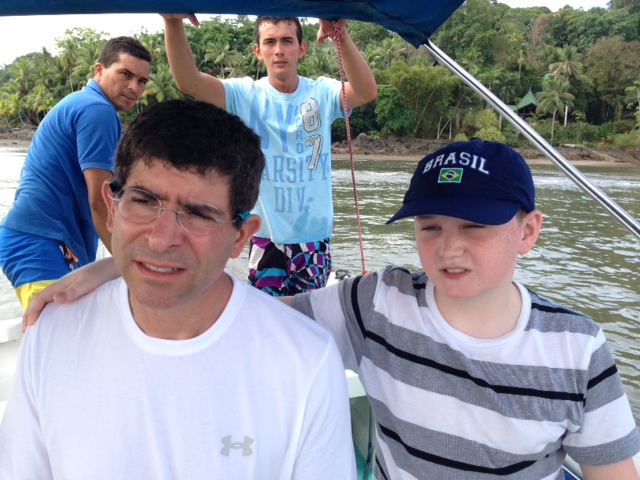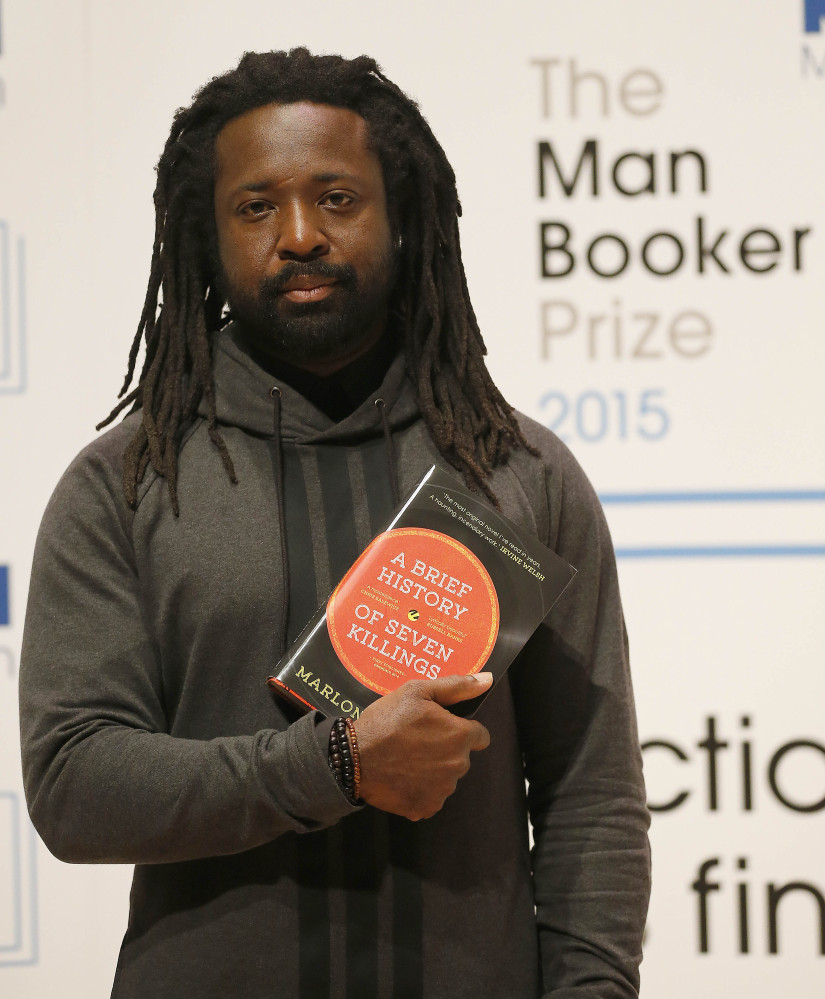
Good travel writing inspires. You rip the article out of the newspaper or magazine and start planning for that dream trip. In some rare instances, a great writer will pan a destination or type of travel, like
David Foster Wallace critiquing his luxury cruise for Harpers Magazine. Then there are the articles that are just plain laughable and not because they intend to be funny. On Saturday, the Boston Globe published a real dud simply titled
“Road Trip Time.” It’s such a wonderful example of uninspired dribble that I can’t wait to bring it to students this semester at Emerson College when I talk about the art of travel writing. Here are 3 examples on why this piece should have never been seen by the public:
There is no angle to this story—It seems as if the writer is just cruising, taking a hike here, stopping for a lobster roll or a microbrew there. But there’s very little description of any of these experiences, leaving us with a list of random places. In great road trip stories, the writer should introduce the reader to a scenic route, preferably one that most readers don’t know, which unfortunately is not the case with the Kancamagus Highway. He had more than ample chance to discuss the majestic peninsulas that dangle down from Route 1 in Maine that leave us at Popham Beach and the Pemaquid Point Lighthouse, but instead chose arbitrary destinations.
He assumes the reader knows nothing about these destinations—The Boston Globe chose to print this road trip story on the White Mountains, the Berkshires, and the Maine coast. That’s very risky because 99.9% of the readership knows these locales exceptionally well. So don’t start your White Mountains entry by stating, “Two and a half hours north of Boston is the unassuming hamlet of North Conway, N.H., the gateway to the White Mountains.” We’re from Boston, not Tuscaloosa. We know where the White Mountains are and we also know that North Conway is not an “unassuming hamlet” but a commercialized home to more outlet stores than any other spot in the state. Nearby Jackson and its serene village green might fit that bill.
End a road trip story on a highlight—Lubec? Really? You chose to include the Maine coast, one of the classic road trips in America, and you ended the trip not in Acadia National Park, not in Camden, but Lubec. I happen to like Lubec and its historic sardine canneries, but if you’re creating a realistic itinerary for readers of the Boston Globe, the trip ends in Bar Harbor. If you want to add another 2 hours to that drive, then you might as well keep going to the far more charming town of St. Andrews by-the-Sea in New Brunswick.
I spent a quarter-century writing about New England so it’s far easier for me to spot inexperience from a mile away. But the readers of the Globe are not stupid and they deserve genuine travel expertise, especially when you publish a story on New England.
 For the past decade, I have been asked to speak once a semester about my life as a travel writer at an Emerson College magazine writing course. I always bring a thick of folder of more than 200 rejection letters. It includes my favorite rejection from Mad Magazine, simply a box checked next to the line, “It just didn’t tickle our funny bone.” Universities do a wonderful job of teaching the craft of writing, but rarely touch on the psychological aspects of rejection and the necessary business skills to market your wares. Close to half my time, especially in those early years, was spent peddling my writing to editors (and screenplays to production companies). Almost every day, I would return from my mailbox with a stack of rejection letters. It was an incredible struggle, the reason why many of the creative people I met in those early years in New York are no longer writing professionally.
For the past decade, I have been asked to speak once a semester about my life as a travel writer at an Emerson College magazine writing course. I always bring a thick of folder of more than 200 rejection letters. It includes my favorite rejection from Mad Magazine, simply a box checked next to the line, “It just didn’t tickle our funny bone.” Universities do a wonderful job of teaching the craft of writing, but rarely touch on the psychological aspects of rejection and the necessary business skills to market your wares. Close to half my time, especially in those early years, was spent peddling my writing to editors (and screenplays to production companies). Almost every day, I would return from my mailbox with a stack of rejection letters. It was an incredible struggle, the reason why many of the creative people I met in those early years in New York are no longer writing professionally. 
 I’ve been blogging since 2009, which adds up to quite a lot of content over the years. A good friend recently told me to emphasize the Advanced Search function on the blog page. Simply type in the locale you want to visit and up pops the blogs I’ve written about that destination. For example, I typed in "Mississippi" in the Advanced Search line and again on the second page Keyword line and 19 blogs I wrote on the state appeared. This includes one of my favorite stops, "
I’ve been blogging since 2009, which adds up to quite a lot of content over the years. A good friend recently told me to emphasize the Advanced Search function on the blog page. Simply type in the locale you want to visit and up pops the blogs I’ve written about that destination. For example, I typed in "Mississippi" in the Advanced Search line and again on the second page Keyword line and 19 blogs I wrote on the state appeared. This includes one of my favorite stops, " Heading back to Maine last week with the family, it’s hard not to think of all the stories I crafted on the adventures in this state. The vast wilderness of the interior and rambling ocean shoreline has provided the inspiration for at least 100 stories and many chapters of travel guidebooks. Paddling on Long Pond and listening to loons in Maine’s North Woods, it was hard not to think of the time I paddled with the Conovers on the Allagash River or Kevin Slater on the West Branch of the Penobscot, still one of my favorite stories for
Heading back to Maine last week with the family, it’s hard not to think of all the stories I crafted on the adventures in this state. The vast wilderness of the interior and rambling ocean shoreline has provided the inspiration for at least 100 stories and many chapters of travel guidebooks. Paddling on Long Pond and listening to loons in Maine’s North Woods, it was hard not to think of the time I paddled with the Conovers on the Allagash River or Kevin Slater on the West Branch of the Penobscot, still one of my favorite stories for  My conversations with Marie Pechet usually started with a line like this: “I have chemotherapy in a couple hours and you won’t hear from me in the next 3 days.” We had met two years ago when a mutual friend introduced us. She was interested in traveling to an off-the-beaten-track locale, much like her beloved
My conversations with Marie Pechet usually started with a line like this: “I have chemotherapy in a couple hours and you won’t hear from me in the next 3 days.” We had met two years ago when a mutual friend introduced us. She was interested in traveling to an off-the-beaten-track locale, much like her beloved  Every year for the past decade, I have been invited to speak at a magazine writing course at Emerson College on my life as a travel writer. One of my favorite props to bring to that class is a folder filled with at least 200 rejection letters that I pass around. I especially like the one rejection from Mad Magazine that simply checks off a box: “Didn’t tickle our funny bone.” When I first started as a freelance journalist back in the early 90s, you would send a query letter with a self-addressed stamp envelope. If the publication liked your idea, they would more than likely call you to do the assignment. If they didn’t like the pitch, they would send back a rejection letter. I’m not sure what masochistic strain of my personality persuaded me to collect these rejection letters, but I cherish them now. Many editors were encouraging, writing comments like “please send us other ideas.” One editor would simply write “Nope” on my pitch letters and send it back.
Every year for the past decade, I have been invited to speak at a magazine writing course at Emerson College on my life as a travel writer. One of my favorite props to bring to that class is a folder filled with at least 200 rejection letters that I pass around. I especially like the one rejection from Mad Magazine that simply checks off a box: “Didn’t tickle our funny bone.” When I first started as a freelance journalist back in the early 90s, you would send a query letter with a self-addressed stamp envelope. If the publication liked your idea, they would more than likely call you to do the assignment. If they didn’t like the pitch, they would send back a rejection letter. I’m not sure what masochistic strain of my personality persuaded me to collect these rejection letters, but I cherish them now. Many editors were encouraging, writing comments like “please send us other ideas.” One editor would simply write “Nope” on my pitch letters and send it back.